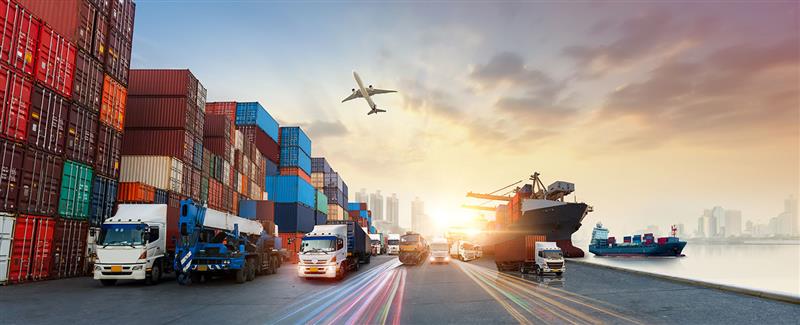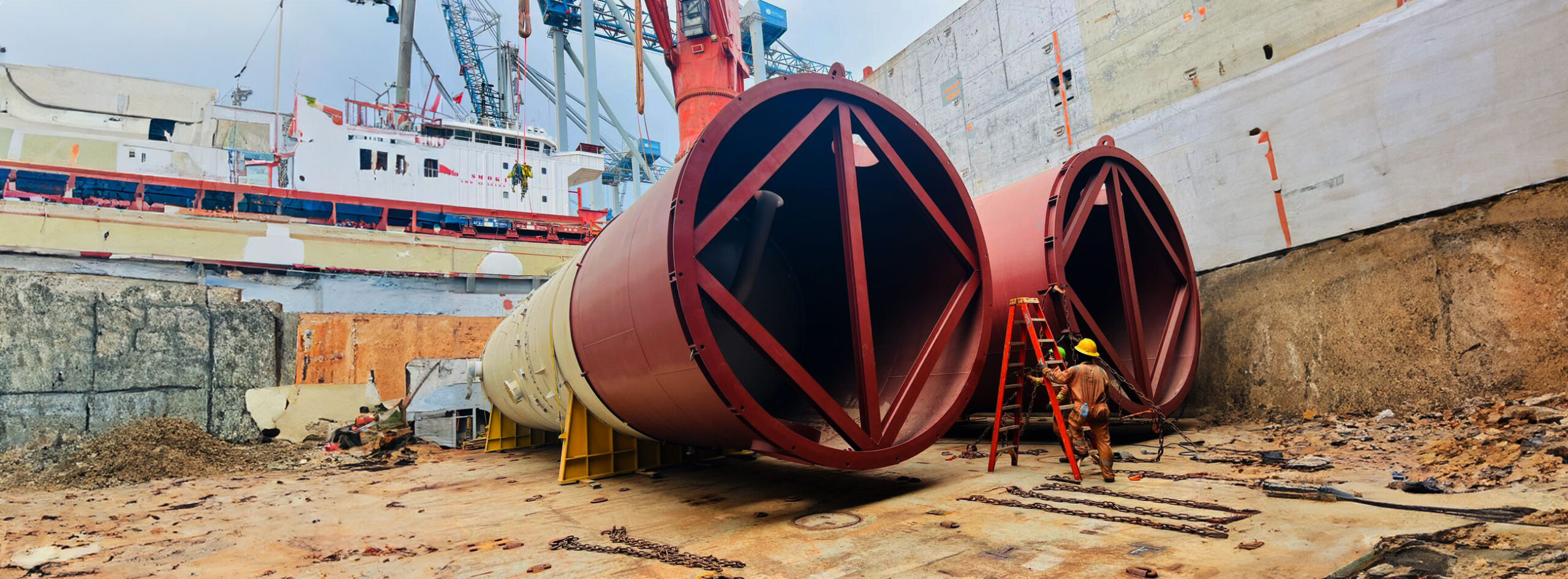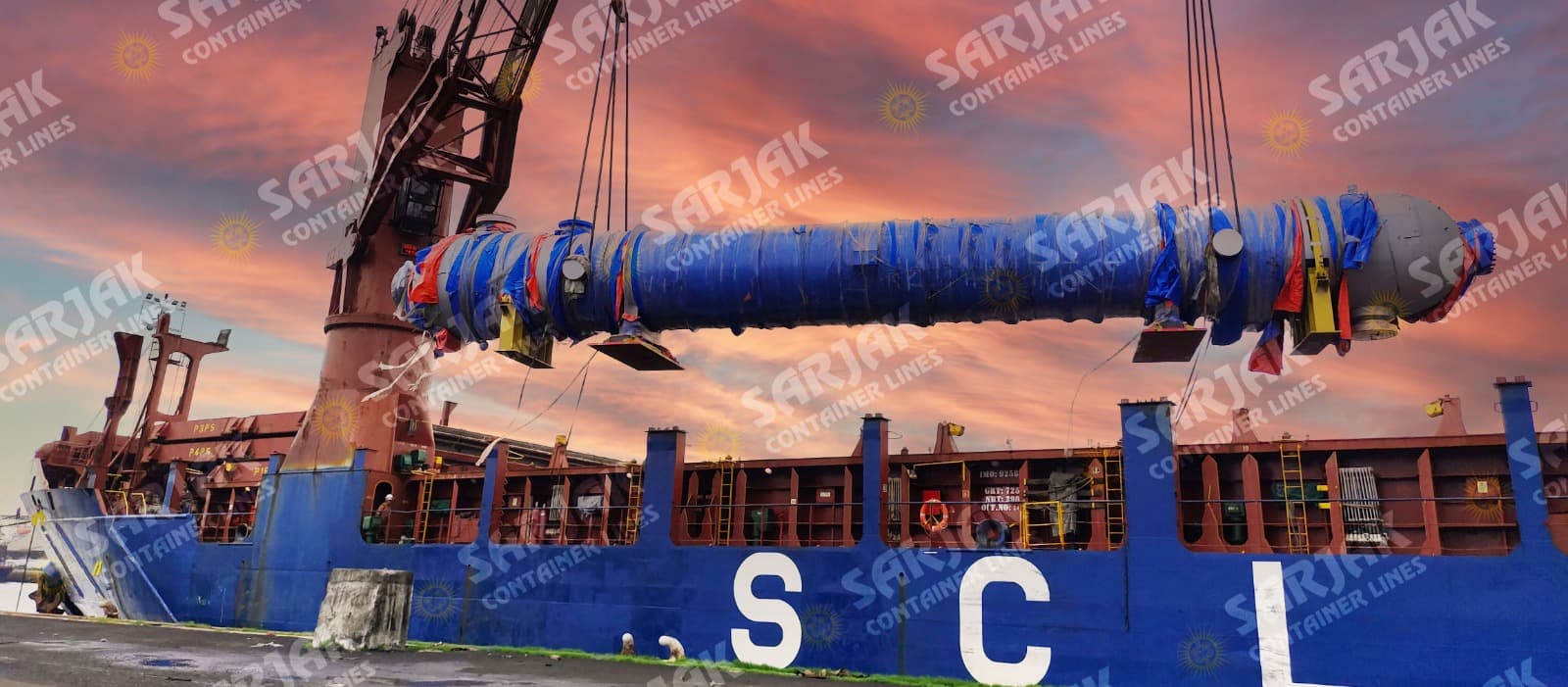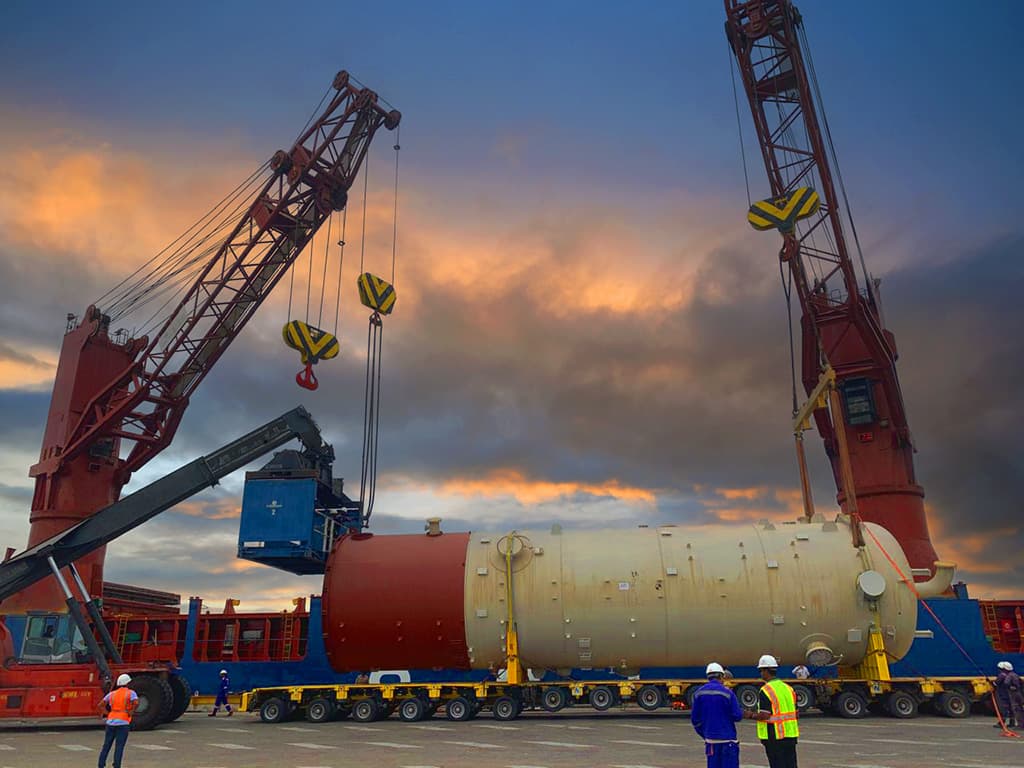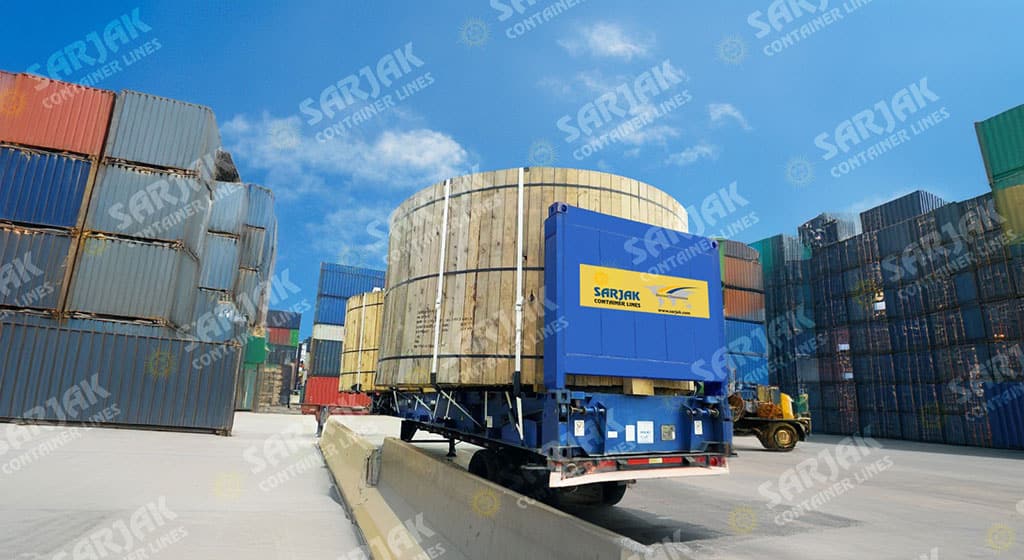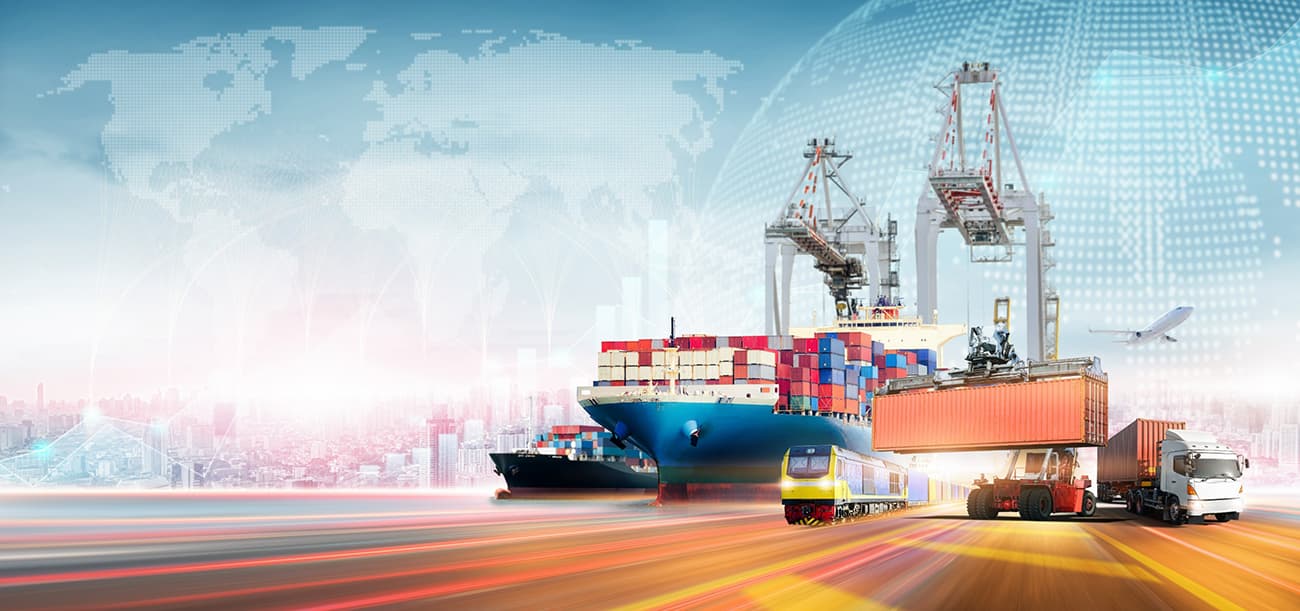Facts and Figures
The logistics industry is going through a worldwide transformation driven by technological advancement and innovative solutions. The digitalization trend started in the past decade, especially in a country like India, where the freight market grew from USD 190 billion in the year 2019 to USD 435 billion in 2023. Take the project logistics sector alone, which is expected to grow at a CAGR of 4.3% in the next 5 years, with an estimated increase of USD 59.41 billion in the market size, globally.
To achieve a competitive edge, especially in the project cargo segment, one has to follow the path of developing customised solutions, based on the principles of transparency, automation and overall cargo safety. The use of special equipment to transport heavy lift and Breakbulk cargo plus shipping the odd dimension container cargo in open tops or flat racks are prime examples of choosing to move towards these safe and cost-effective solutions.
The ideal step, going forward, will be to avoid manual work as much as possible and embrace digitally enabled partnerships. This is only possible by studying the new trends and strengthening one’s technological capabilities. We have already seen this happening with the introduction of online freight submissions, real-time container tracking, advanced vessel scheduling, warehouse automation.

Global Market Trends
- Autonomous Vehicles – Self-driven vehicles are one of the most intriguing introductions in terms of first and last mile deliveries or even cargo movement inside any facility.
- Warehouse Automation – Warehouse automation systems aim at reducing human errors and optimising storage and inventory management processes.
- Artificial Intelligence – Artificial Intelligence and Machine Learning are slowly being integrated into the project cargo segment. It helps in determining the best route planning especially while moving the odd dimensional cargo.
- Blockchain – This is a fairly new phenomenon that aims at securing transparency and more reliable ways of cargo tracking by using a decentralised ledger technology. It is a shared resource that is distributed across a network to facilitate the process of tracking via the growing list of records or blocks.
- GPS Tracking – With the use of GPS tracking and monitoring systems, the logistics service providers are letting their customers keep track of their high value cargo, on a real-time basis. This becomes more important while moving the odd shaped project cargo as there are so many factors which can affect their balance and safety.
- The Internet of Things – The integrated IOT sensors have made life easier for many businesses involved in the supply chain setup. In addition to providing real-time tracking and visibility of shipments, this technology also enables remote asset management.
As the focus shifts on streamlining the various processes involved in the supply chain segment including manufacturing, transportation and distribution, the recognition of using innovative technology is increasing day by day. The future holds even more changes and significant advancements to deal with the ever-changing dynamics of the logistics sector.

If you are looking for a digitally advanced project logistics partner, who matches all your customised requirements you can contact us at info@sarjak.com




